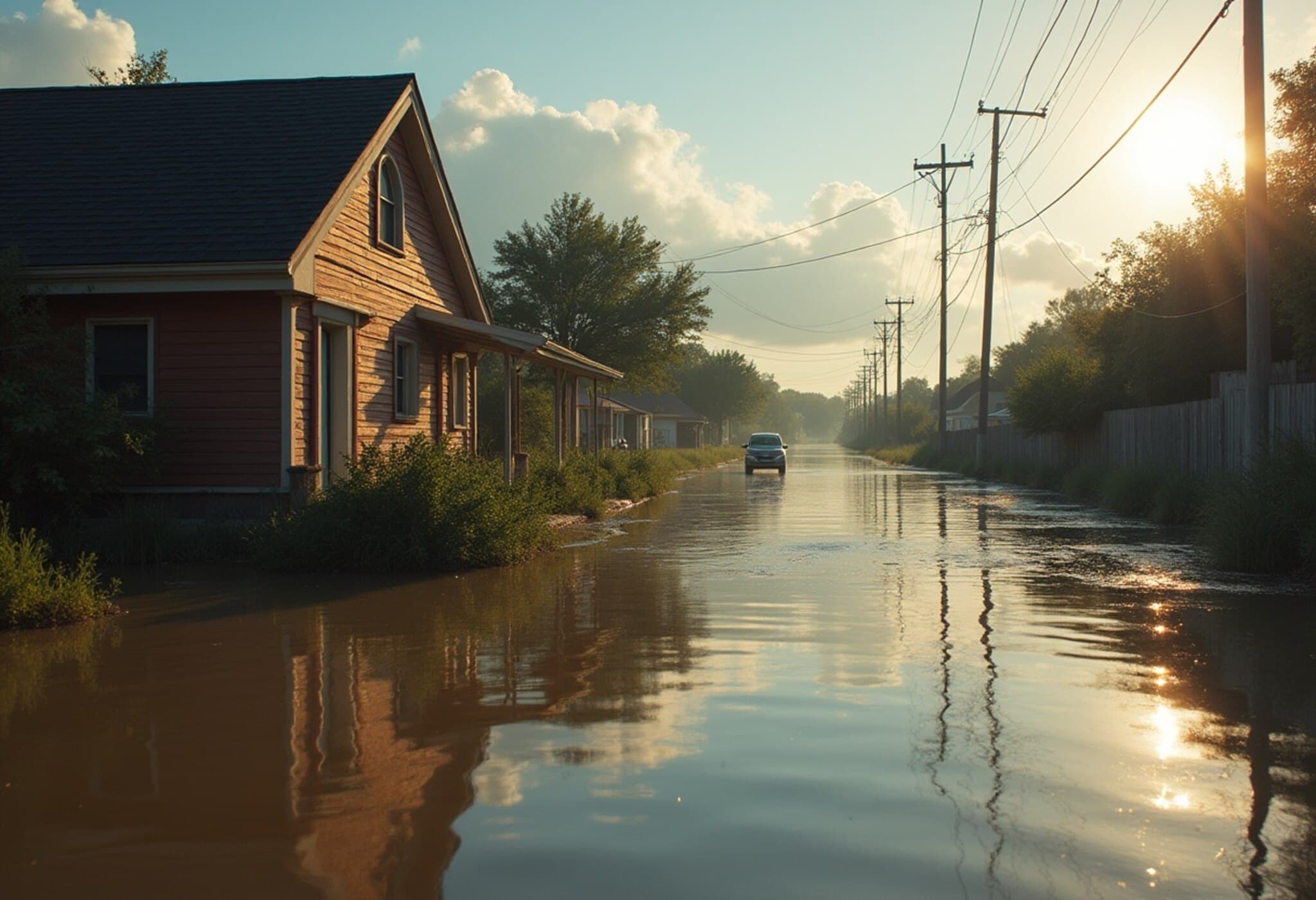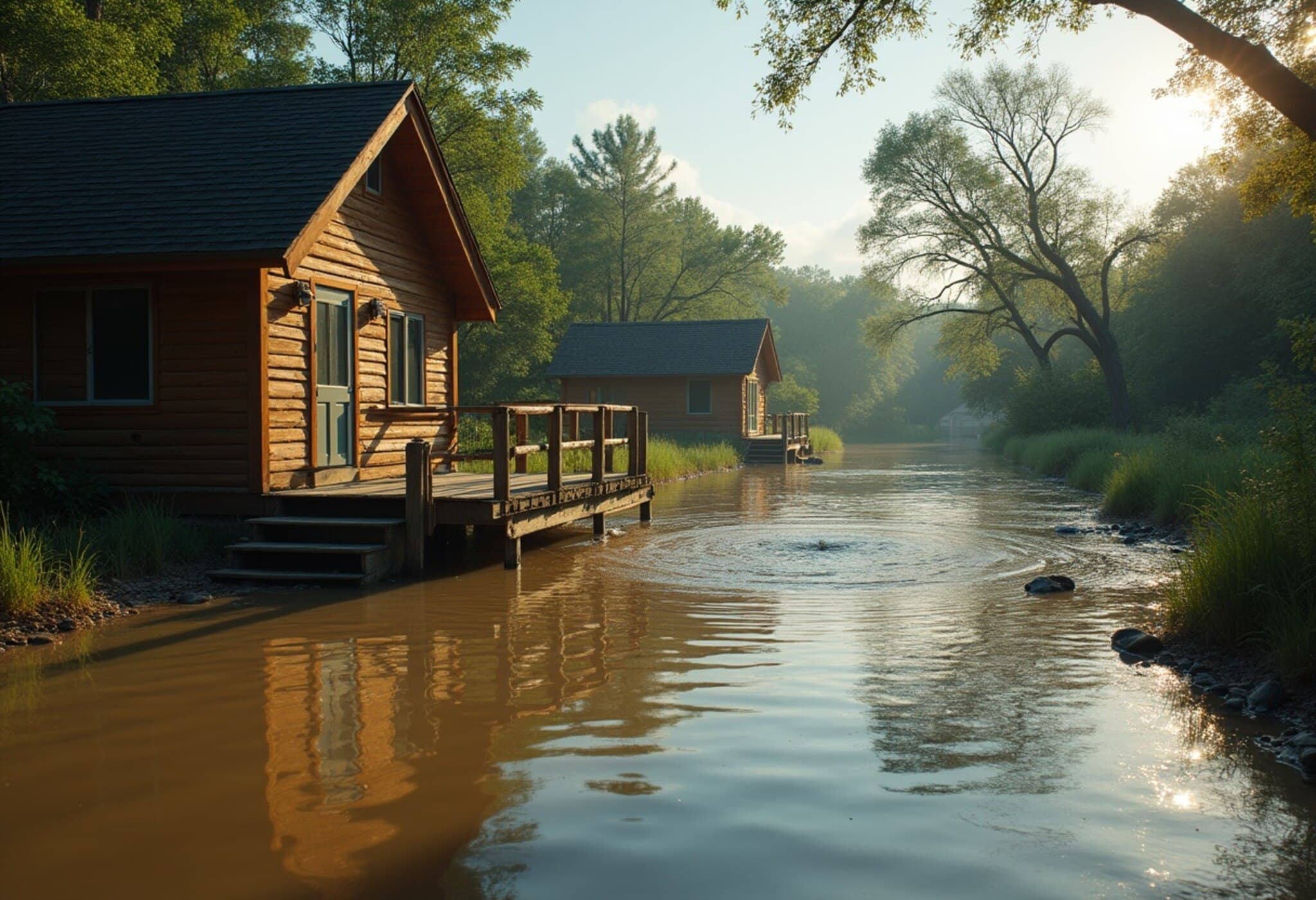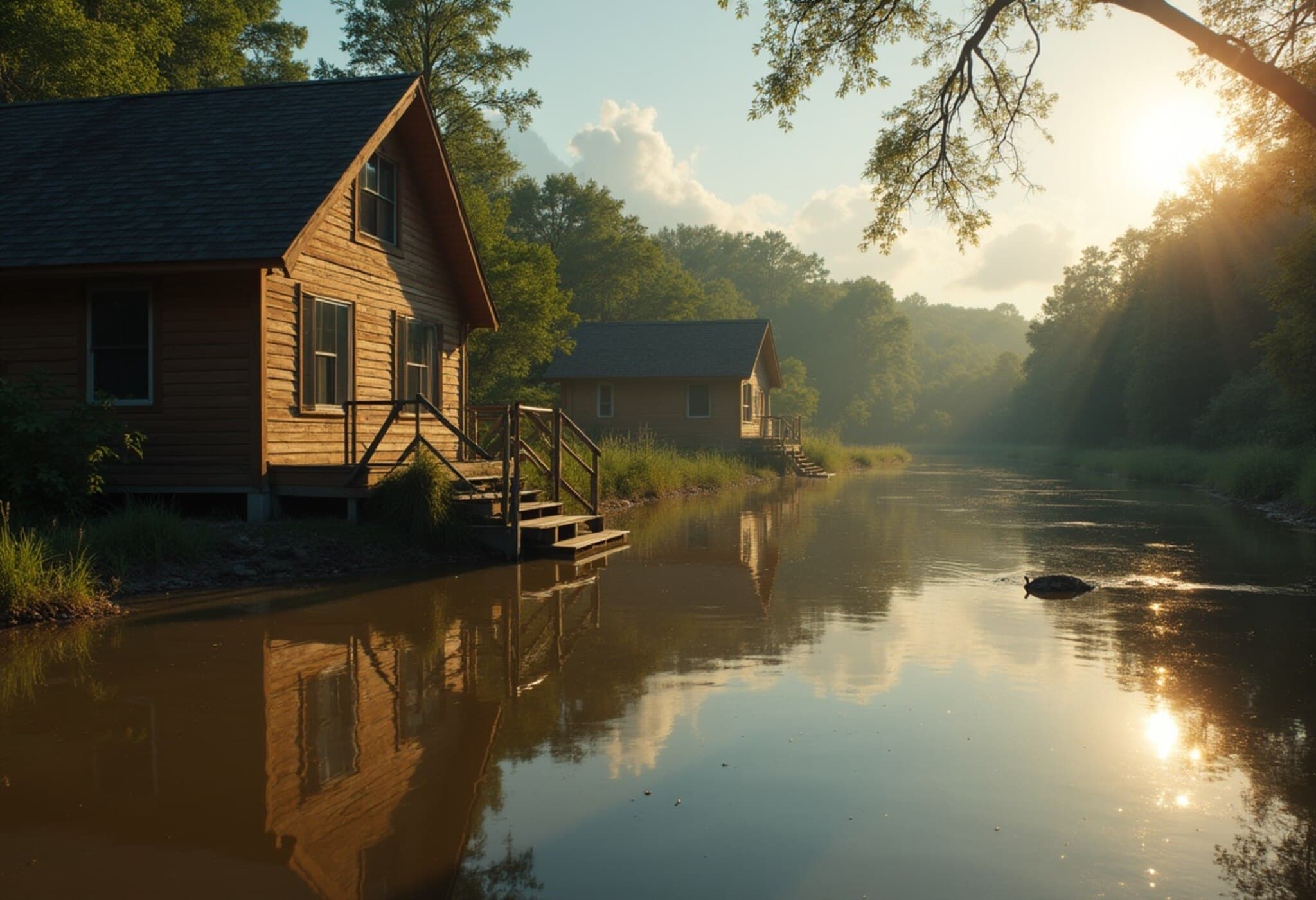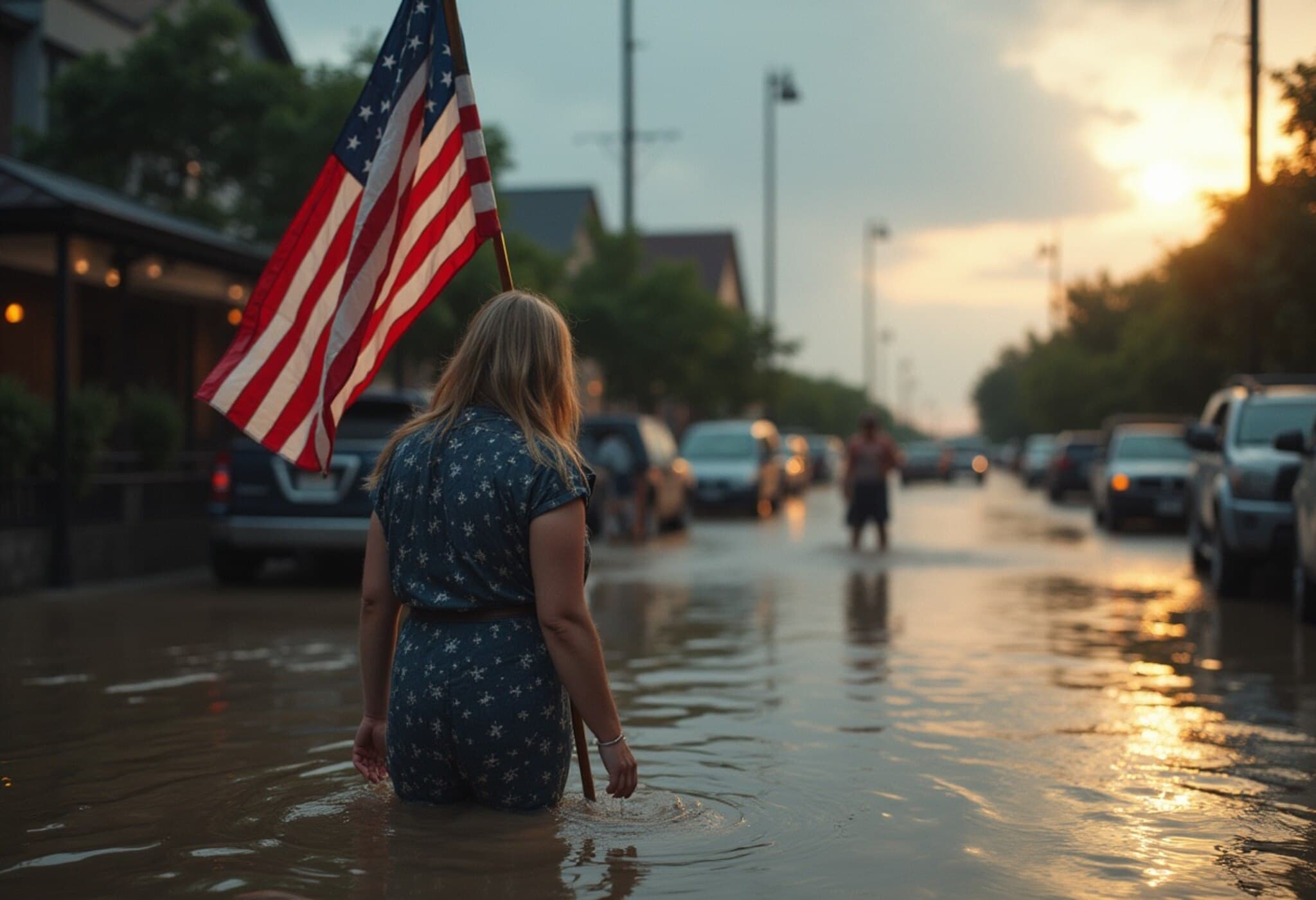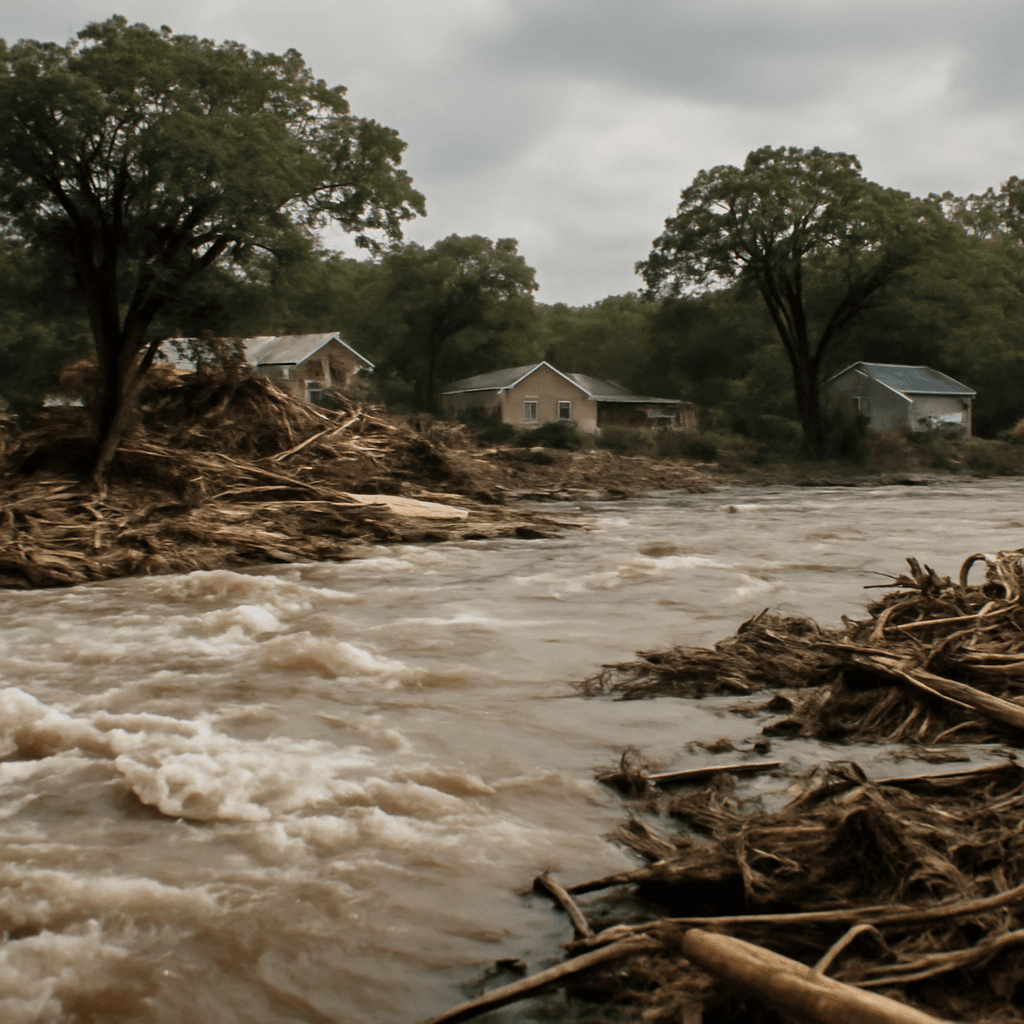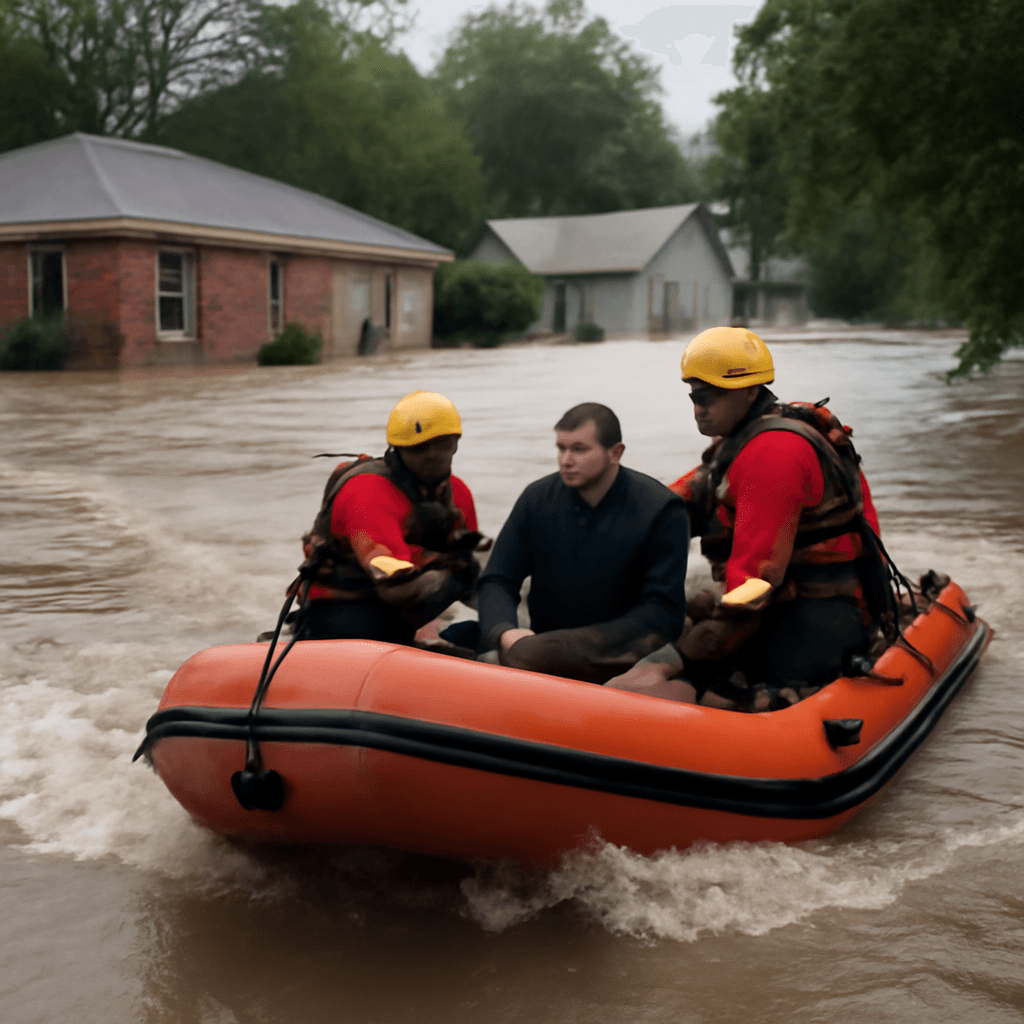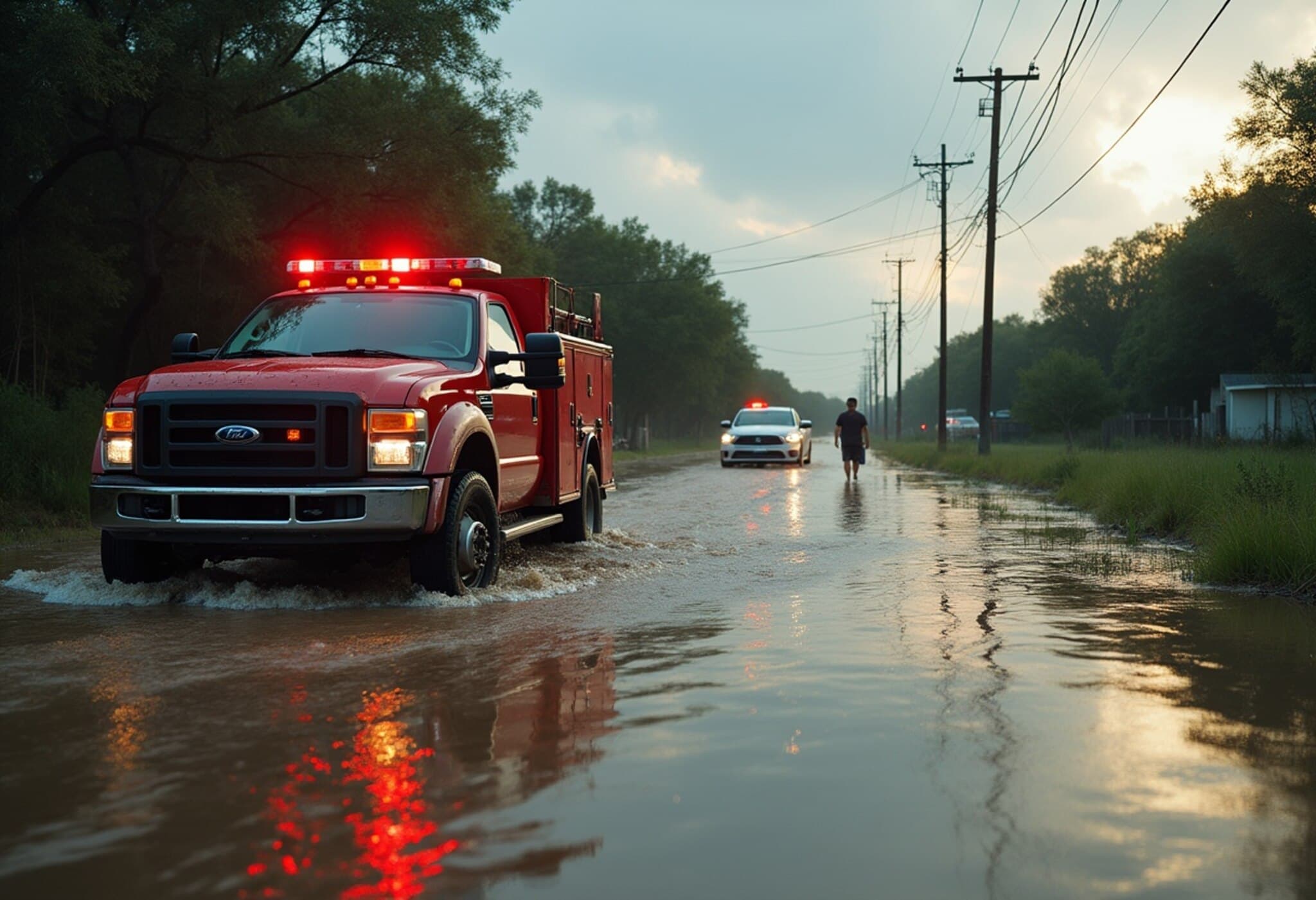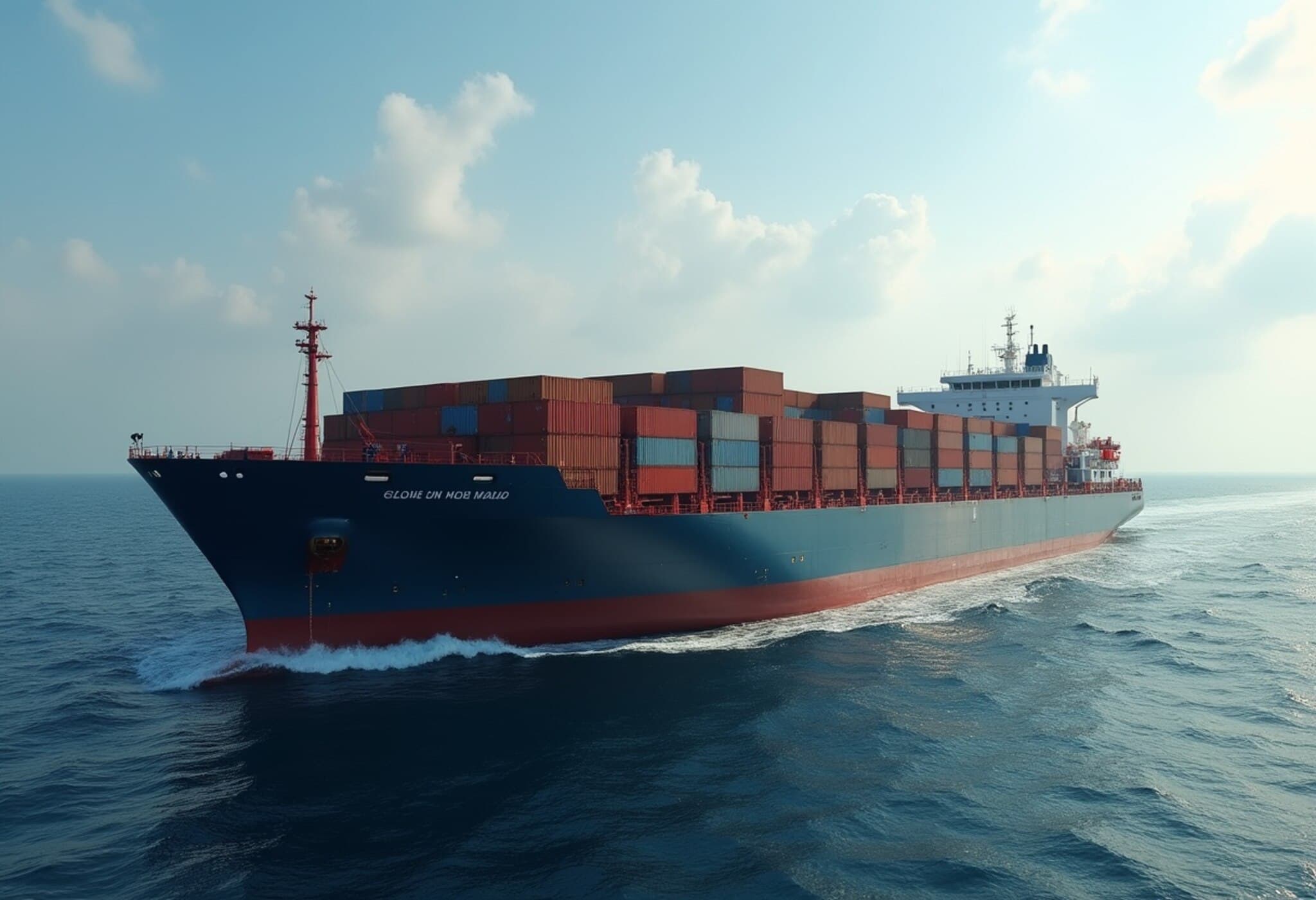Flooded Texas Hill Country: A Portrait of Resilience and Reflection
As I journey back from the devastated Texas Hill Country to Washington, the scenes etched in my mind capture both the indomitable spirit of Americans and the sobering realities that demand urgent attention. The floods, much like the wildfires that ravaged Los Angeles earlier this year, remind us how natural disasters expose not only our vulnerabilities but also our collective resilience.
The Human Toll and Rapid Onset of Disaster
Official reports paint a harrowing picture: over 110 confirmed dead with 173 missing and numbers climbing. The disaster struck during the Fourth of July weekend, a time when families and tourists alike sought celebration by the scenic Guadalupe River. But the river transformed overnight, swelling nearly eight meters in just 45 minutes – a rapid surge that left little time for evacuation.
Why were so many caught off guard despite warnings? Preliminary accounts suggest that confidence in safety amid routine holiday plans may have lulled many into underestimating the storm’s severity, exposing a critical gap in emergency communication and public awareness.
Stories of Loss, Courage, and Community
Ingram’s Blue Oak RV Park, owned by Lorena Guillen – a Mexican immigrant who embodies the American dream – became a microcosm of the tragedy and heroism. Guillen’s business, featuring an American-Mexican fusion menu and affable charm, was a community hub. Yet, amid this, she lost a beloved employee, Julian Ryan, who died a hero after being swept away while making sure others were safe.
Her stories of survival, including families desperately clinging to trees and being washed away, humanize statistics that otherwise risk numbness. The genuine hospitality unfolding in the wake of catastrophe — from early-morning volunteers preparing meals to locals sharing what little they have — reveals the best of American communal spirit.
Political Undercurrents and Preparedness Questions
However, beyond heartening tales, the disaster throws a sharp light on systemic shortcomings. A proposed bill aimed at modernizing emergency communication systems and infrastructure was rejected this legislative session. First-term Republican Wes Virdell candidly admits that, viewed through the lens of this tragedy, his vote would have differed.
This political hesitation underlines a recurring American struggle: balancing fiscal priorities against the growing, costly demands of climate-resilient infrastructure. Moreover, local government disputes, such as criticism targeting Austin’s fire chief during a fraught budget negotiation, illustrate how political polarization can cloud urgent crisis management.
Faith, Fate, and Calls for Practical Action
One cannot overlook the deeply ingrained faith that many Texans turn to amid anguish. Vigils brimmed with prayers, questions about divine will, and the search for meaning in heartbreaking loss. Guillen’s belief in a purposeful but inscrutable act of God reflects a common thread in this region’s cultural fabric.
Yet, this reliance on faith raises important questions: Does spiritual solace sometimes overshadow the need for tangible, preventive measures? Can America bridge the gap between reverence and actionable policy to better protect its communities from nature’s fury?
Expert Insight: Navigating Climate Disaster in America’s Heartland
Experts in disaster preparedness stress that as climate change intensifies hydrological extremes, regions like Texas must invest decisively in early warning systems, community education, and infrastructure upgrades. Lessons from this flood echo nationwide, urging policymakers to put bipartisan commitment ahead of politics.
From an economic standpoint, the cost of inaction dwarfs investments in resilience. Beyond infrastructure, building trust through transparent communication and culturally sensitive outreach can save lives during rapid-onset emergencies.
Finally, the Texas floods illuminate a broader American narrative – one where enduring hope and community strength persist amid policy gaps and environmental challenges. How the nation responds in rebuilding and reforming will shape its future in an increasingly unpredictable climate.
Key Takeaways:
- Rapid flood surge caught many by surprise during a holiday weekend.
- Heroic local stories highlight community resilience and loss.
- Political debate reveals tension between emergency preparedness and fiscal priorities.
- Faith and practical action coexist but must be balanced for effective disaster management.
- Climate adaptation is a national imperative underscored by local tragedies.
Editor's Note
As America grapples with increasingly frequent extreme weather, the Texas flood tragedy serves both as a solemn reminder and a call to action. Beyond honoring the victims and heroes, we must ask ourselves: Are we prepared to face the next disaster with better coordination, infrastructure, and community engagement? What role does political will play in safeguarding lives? And how do we reconcile faith with the hard realities of climate risk management? These questions demand honest, ongoing public discourse and responsive policymaking.

